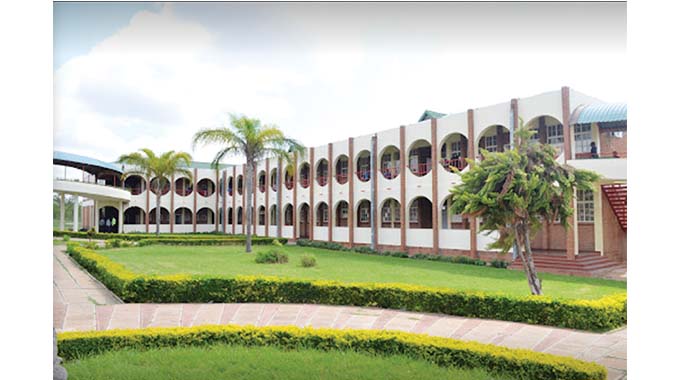Pensions industry mulls cut in property rentals

Michael Magoronga, Midlands Correspondent
THE pensions industry is staring at the possibility of reduced rental income from its vast property units amid calls to lower rentals so as to stimulate returns from higher occupancy levels.
The sector controls a significant portion of the country’s commercial real estate, which is one of the major revenue streams alongside investments in capital markets among other ventures. However, due to the adverse impact of Covid-19 and the growing number of people working from home as part of protective measures, demand for office space has been affected. The compromised business operations have also seen clients struggling to pay monthly rentals.
“Already, tenants are seeking rent-free periods and major rent discounts, given that the industry controls a large chunk of Zimbabwe’s commercial real estate, the impact of the lockdown on tenant’s businesses is set to have an adverse effect on rental streams,” said Zimbabwe Association of Pension Funds (ZAPF) director general, Mrs Sandra Musevenzo.
She was speaking to journalists during a virtual mentorship programme on pensions and insurance on Wednesday.
“Pension funds should lower rentals to ensure that buildings retain higher occupancy rates. To ensure that the pension funds invest and respond to the new norms resulting from Covid-19.”
ZAPF is made up of about 145 pension funds.
There were 960 registered private occupational pension schemes as at 30 June 2020 with a total membership of 892,240 excluding
beneficiaries.
“Some pension funds will also be incapacitated to participate in infrastructure developments and other projects of national importance including partaking in prescribed assets as they switch to survival mode,” she said.
“All this will directly affect the business continuity of pension funds, compromise payment of member benefits and ultimately threaten them as going concerns.”
As a part of stopgap measures, Mrs Musevenzo said there was need to educate employees and employers on the importance of remitting pensions and lowering contributions into funds as sponsoring employees scale down, among other possible solutions.
Already other countries mainly in Europe are resorting to a second wave of lockdown to curb a surge in cases. This trend has a negative impact on pension funds globally and tends to dent global investments at large.
While Zimbabwe is still pondering on the future impact the pandemic will have on the pensions industry, Mrs Musevenzo said it was highly likely that some employers will default on pension contributions especially those in industries that have been more heavily affected by the pandemic like tourism and hospitality.
She said some employers may face viability challenges resulting in retrenchments or even business closure. The worst-case scenario might result in high pension withdrawals within a short space of time and immediate reduction in contribution income, which will then impact on the liquidity position of pension funds.
Zimbabwe has, however, managed to keep the new infections and deaths under control and is expected to recover from Covid-19 with a positive seven percent economic growth projection in 2021 from negative 4,5 percent by the end of this year, according to the Treasury.









Comments